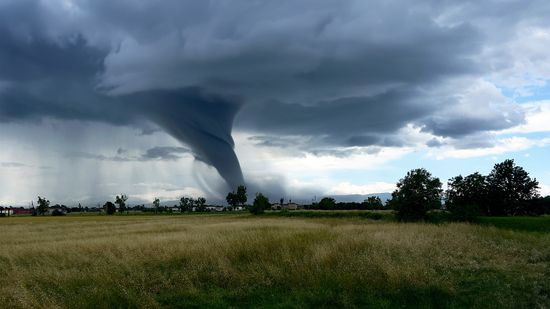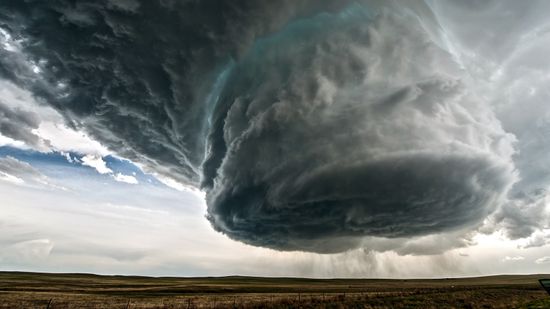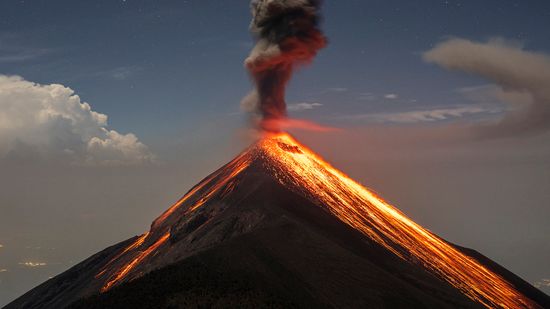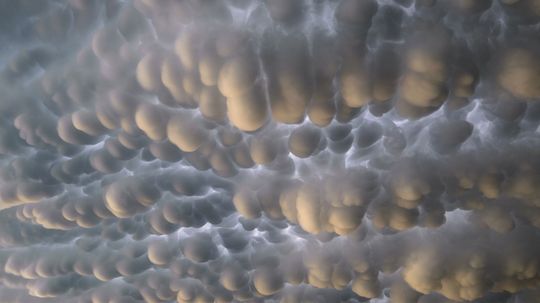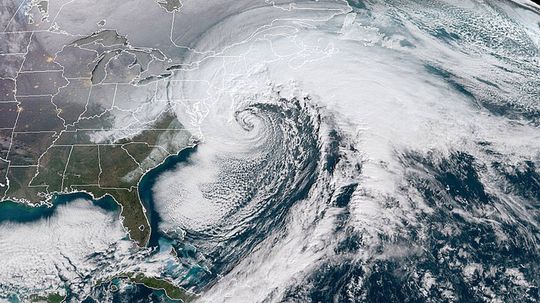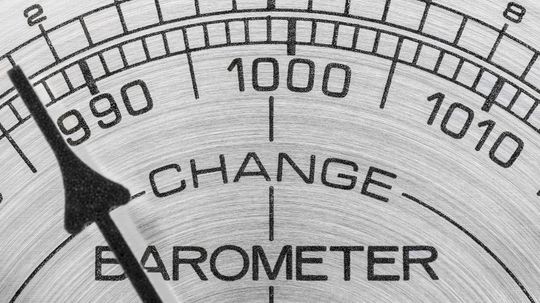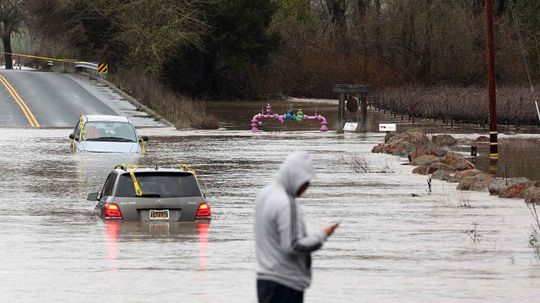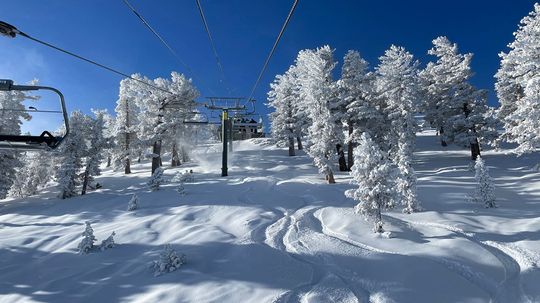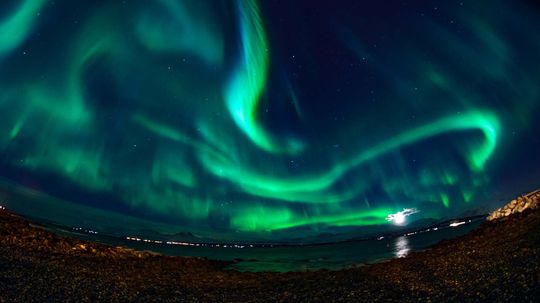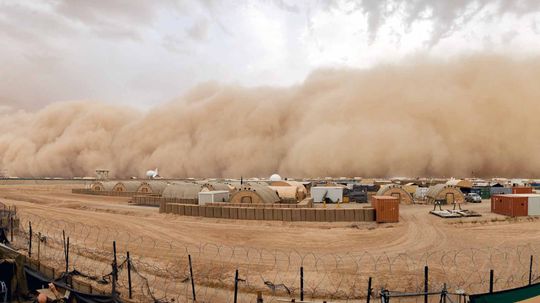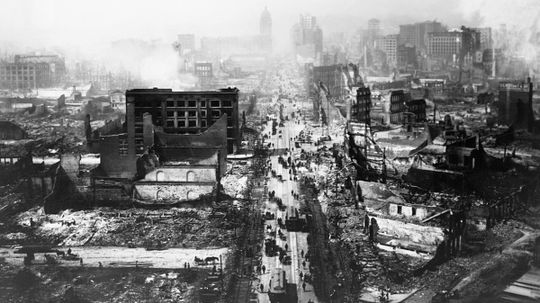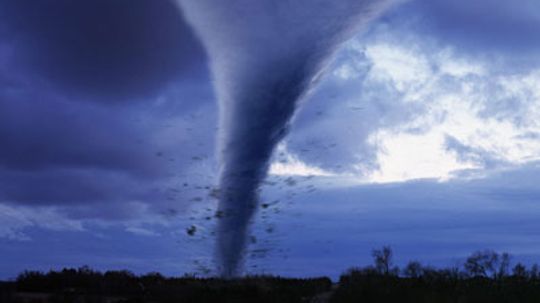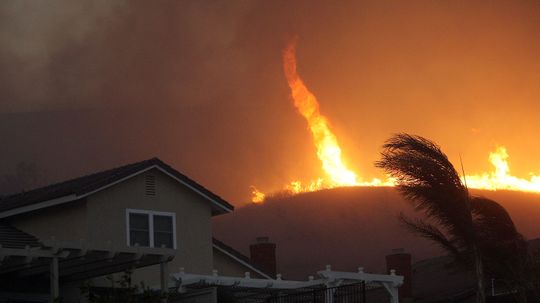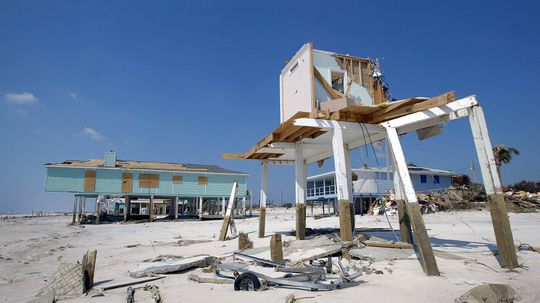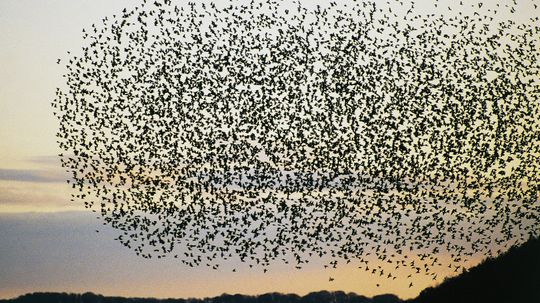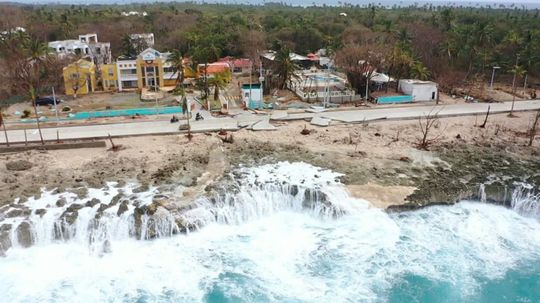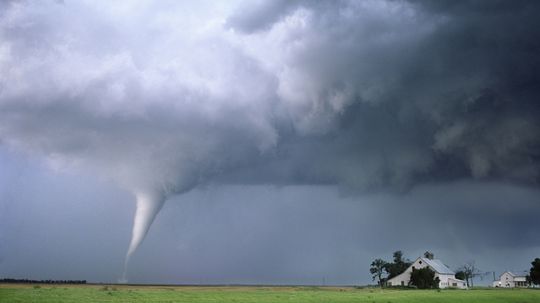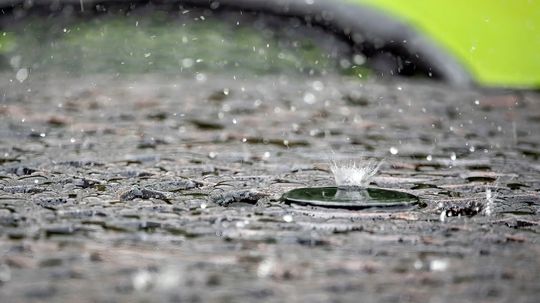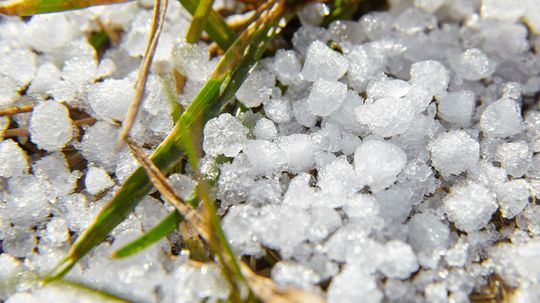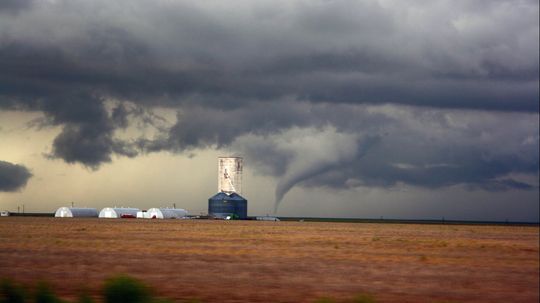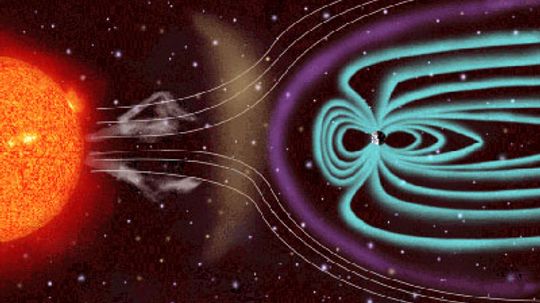Forces of Nature
We see the destruction that the Earth can unleash in the news on a regular basis. Here you can learn about hurricanes, tornadoes, earthquakes and other forces of nature.
Learn More / Page 9
Mammatus clouds, which are made from falling air instead of rising air, are one of the most spectacular cloud formations you'll ever see.
Bombogenesis is a phenomenon in which the atmospheric pressure in the middle of a low-pressure system drops rapidly, intensifying a storm and creating a bomb cyclone.
Weather forecasters can tell what the weather will be by reading the barometric pressure, but how does it work?
By Dylan Ris
Advertisement
California has experienced unprecedented rain lately, but the state is still in a drought. So why can't the rain falling now be saved for later?
Bluebirds symbolize optimism, happiness and hope for the future. For skiers, a "bluebird day" bodes well for a great day on the slopes, but hunters and anglers may as well stay home.
A geomagnetic storm could cause a spectacular aurora borealis Aug. 18 and 19 over parts of the continental United States, as far south as Illinois.
By Sarah Gleim
Haboobs are giant walls of dust that can come seemingly out of nowhere. How are they created and are they different from sandstorms?
Advertisement
Earthquakes and their resulting aftershocks can be devastatingly destructive. Earthquakes are caused when a fault in the Earth's crust slips, which releases energy waves in the ground. Find a list of 12 of the most destructive earthquakes in history.
A tornado can turn a house into toothpicks, but when you think about it, it's really just a funnel of air. What's it like on the inside?
Inject heat, ash and fire into a spinning mass of air. Watch as a funnel of flames leaps from the ground, reaches for the heavens and then races forward to consume everything in its path. Is such a phenomenon possible?
The Americas have been hit with some major hurricanes throughout the decades. But which were the worst ones in history?
By Chris Opfer & Sarah Gleim
Advertisement
Frogs! Fish! Birds! A surprising number of things have rained down from the sky besides water. But how?
How often have you watched a weather forecaster point to a spiral-shaped cloudy mass with a sense of dread and fascination? What fuels these ferocious storms?
A tornado is one of those amazing, awesome acts of nature that simply leaves you dumbfounded -- a huge, swirling, 200-mph beast of a storm that appears to have a mind of its own.
There's often a strong, quite pleasant, smell right after a rain shower. What accounts for petrichor, the 'smell of rain'?
Advertisement
Not to be confused with sleet, graupel is actually an interesting mix of snow and ice. But it's not hail. Graupel, get to know it.
Where is tornado alley and why do so many tornadoes form there?
Every night on the news, the weatherperson reports the UV index. What is the UV index and how is it calculated?



